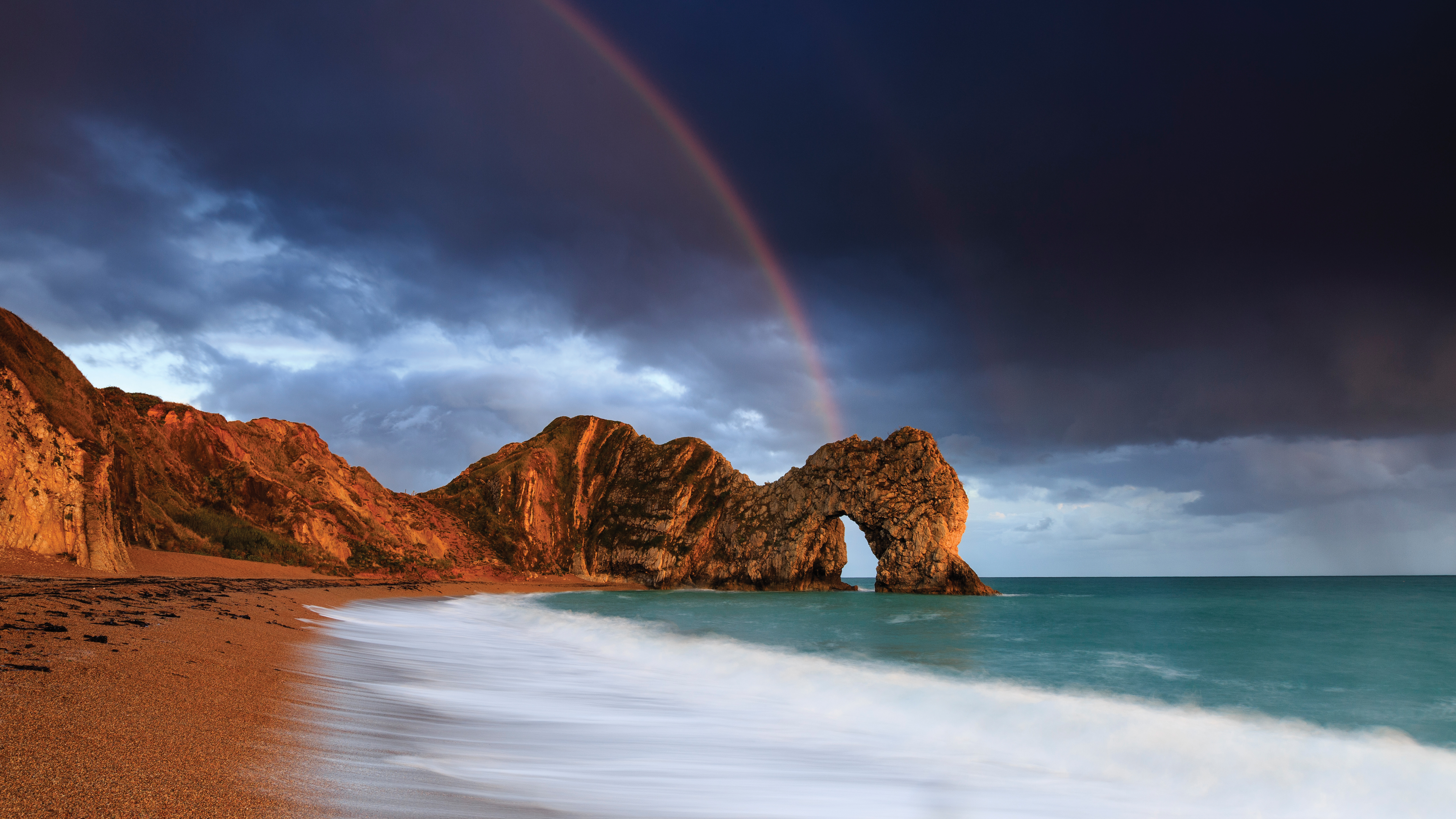Achieving success in photography competitions – don't overthink it
Landscape pro Mark Bauer weighs in on contests and why winning doesn't automatically make you a good photographer

It’s not an exaggeration to say that photographers are a competitive breed, and everyone who’s ever photographed a well-known scene, such as Arizona’s Antelope Canyon or Dorset’s Corfe Castle, likes to think that their take is among the best.
At the very least, anyone who creates anything artistic wants their work to be noticed and enjoyed. One possible way of achieving this recognition is to enter a photography competition – of which there are now, literally, hundreds.
Photo contests can provide a level playing-field, with the images left to do the talking. In theory, at least, an image from a completely unknown amateur can triumph over the work of a renowned professional, which of course has the potential to boost a photographer’s profile and maybe even their career. At the very least, doing well in a competition can significantly improve your own self-belief and enthusiasm for photography.
Landscape photographer Mark Bauer has been successful in a number of prestigious photography competitions over the years, and says, “It’s brilliant for your confidence and it can raise your profile, getting your work seen by lots of people, including those who are looking to buy pictures. In the past, I’ve picked up commissions from big clients as a direct result of competition success, and on a smaller scale have sold prints of winning images.”
Manage your expectations
While the potential benefits of photography competitions are clear, there is still much that needs to be carefully considered before you enter. “It’s important to remember that, statistically speaking, your chances of success are very small and that luck plays a very large part in any success; the judges have to review enormous numbers of images in a very short space of time and if your photo pops up at the wrong moment – for example, when they’re tired and fed up at the end of a long day, or if they’ve already seen five dozen shots from the same location – that’s it, it’ll be rejected, no matter how good it is,” explains Bauer.
“Success in a competition is very nice and you should enjoy it, but remember that in itself, it doesn’t make you a great photographer. Likewise, failure doesn’t make you a bad photographer.” Which brings us neatly onto the other side of the coin when it comes to entering competitions – you might get nowhere at all. This is a very real possibility and one you need to be fully prepared for. If your goal is to boost your confidence through the validation provided by a panel of judges, then failure to achieve this might well do your self-esteem considerable harm. You need to try to be rational about the chances of success.
“I know lots of very talented photographers who have not had much or any competition success,” says Bauer. “It doesn’t mean they are not good photographers. There are many ways of measuring how good a photographer you are and in many respects, competitions are not a particularly good way. At the end of the day, whether or not a judge likes your picture is totally beyond your control, so is therefore not something you should get worked up about.”
Get the Digital Camera World Newsletter
The best camera deals, reviews, product advice, and unmissable photography news, direct to your inbox!
When it comes to choosing which images to enter, don’t try to second-guess the judges. “It’s also easy to overthink things when selecting entries,” agrees Bauer. “I’ve known people check who the judges are and then choose images that they think will appeal to their particular tastes. But good judges will try and be as objective as possible and look beyond their own biases. By targeting what you think are their tastes, you run the risk of ignoring your best pictures, which might well be potential winners.”
If you are lucky enough to do well in a competition, Bauer’s advice is to “enjoy the moment, but don’t let it go to your head – you haven’t suddenly become a better photographer.” It’s also worth bearing in mind that you won’t necessarily reap endless rewards from success in a competition. “You may get some benefits in terms of image sales, magazine features and so on, but these things aren’t guaranteed,” explains Bauer. “Keep your expectations realistic and just carry on and enjoy your photography.”
Read the small print
Remember that if you enter a competition, you need to consider your image rights, says Mark Bauer. “Some organizers like to try to grab copyright of the entries – if that’s the case, steer clear, as you’ll be giving up copyright with no guaranteed benefit. Most will want permission to use any entries for the purpose of promoting the competition, and that’s fine, but never give up any image rights. It can also be expensive – some charge per entry but don’t limit the number of entries. In this situation it can be easy to get carried away and spend a fortune! You’re much better off limiting the number and choosing your absolute best pictures.
“Make sure you enter images in the appropriate category and check the rules carefully to make sure you don’t inadvertently break them – look for things such as how much enhancement is allowed, if the images need to have been taken in a particular period of time (e.g. not more than two years before the competition opens), and if images that have been successful in other competitions can be entered, as most competitions don’t allow this.”
Read more
The best professional cameras
The best camera for beginners
What are the best camera lenses to buy?
Digital Photographer is the ultimate monthly photography magazine for enthusiasts and pros in today’s digital marketplace.
Every issue readers are treated to interviews with leading expert photographers, cutting-edge imagery, practical shooting advice and the very latest high-end digital news and equipment reviews. The team includes seasoned journalists and passionate photographers such as the Editor Peter Fenech, who are well positioned to bring you authoritative reviews and tutorials on cameras, lenses, lighting, gimbals and more.
Whether you’re a part-time amateur or a full-time pro, Digital Photographer aims to challenge, motivate and inspire you to take your best shot and get the most out of your kit, whether you’re a hobbyist or a seasoned shooter.

